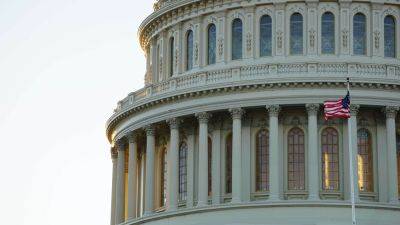Big Banks' Involvement in Drafting the Digital Asset Anti-Money Laundering Act Raises Concerns
Recently, a video surfaced revealing the involvement of big banks in the drafting of the Digital Asset Anti-Money Laundering Act, initiated by Senators Roger Marshall and Elizabeth Warren. The act, originally introduced in December 2022, has garnered significant attention due to its potential impact on the cryptocurrency sector.
In a revealing video, Senator Roger Marshall disclosed that he and Senator Elizabeth Warren approached the American Bankers Association (ABA) for help in crafting the Digital Asset Anti-Money Laundering Act. This involvement of big banks has raised eyebrows in the crypto community, with Coinbase CEO Brian Armstrong expressing his disappointment over the senators' apparent alignment with banking interests.
The act aims to integrate cryptocurrency technology, including noncustodial wallets, validators, and mining pools, into the stringent banking regulations of the United States. It intends to address loopholes in anti-money laundering (AML) and counter-terrorism financing by extending existing financial regulations to digital assets. This includes extending Bank Secrecy Act responsibilities to various actors in the digital asset ecosystem, prohibiting financial institutions from dealing with anonymizing technologies, and enhancing enforcement mechanisms.
The legislation, however, faces considerable criticism. Critics argue that the act imposes unrealistic burdens on software developers and users by treating them as financial institutions. This could compel them to adhere to stringent AML programs, echoing concerns over the bill's constitutionality and potential infringement on freedom of expression. Moreover, the act doesn't seem to address the resource-intensive nature of these
Read more on blockchain.news





















